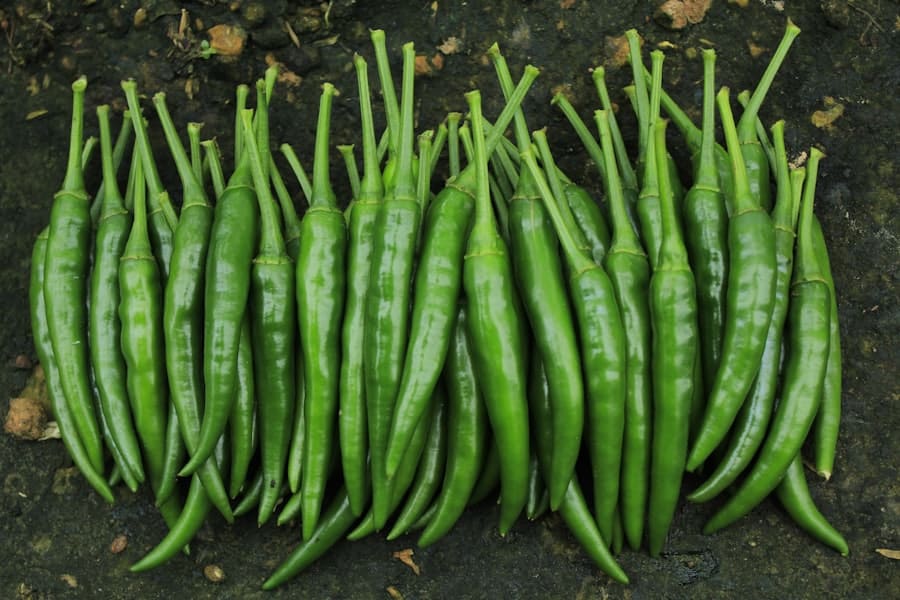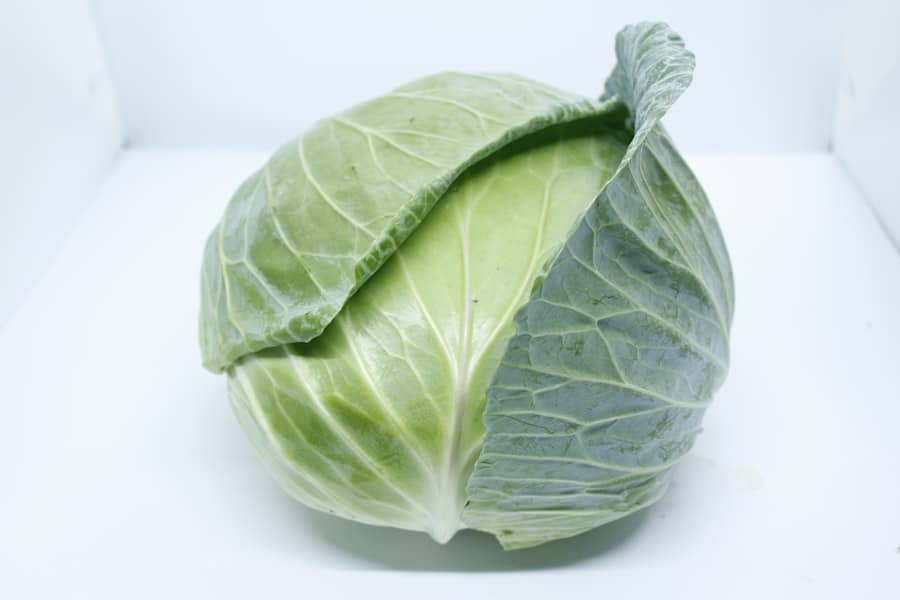Synthetic biology is an interdisciplinary field that merges principles from biology, engineering, and computer science to design and construct new biological parts, devices, and systems. This innovative approach allows scientists to manipulate living organisms at a molecular level, creating organisms with novel functions or enhancing existing traits. The field has gained significant traction over the past two decades, driven by advancements in genetic engineering techniques, such as CRISPR-Cas9, and the decreasing costs of DNA synthesis.
As a result, synthetic biology holds immense potential for addressing some of the most pressing challenges in agriculture, healthcare, and environmental sustainability. The application of synthetic biology in agriculture is particularly noteworthy, as it offers solutions to enhance crop resilience against diseases, pests, and environmental stresses. With the global population projected to reach nearly 10 billion by 2050, the demand for food production is expected to increase dramatically.
Traditional agricultural practices alone may not suffice to meet this demand, especially in the face of climate change and diminishing arable land. Synthetic biology provides a pathway to develop disease-resistant crops that can thrive in challenging conditions, thereby ensuring food security and promoting sustainable agricultural practices.
Key Takeaways
- Synthetic biology involves the design and construction of new biological parts, devices, and systems, as well as the re-design of existing, natural biological systems for useful purposes.
- Disease-resistant crops are essential for ensuring food security and reducing the need for chemical pesticides, which can have harmful effects on the environment and human health.
- Synthetic biology plays a crucial role in developing disease-resistant crops by enabling the modification of plant genomes to enhance their resistance to pathogens and pests.
- The use of synthetic biology in agriculture offers advantages such as increased crop yields, reduced reliance on chemical pesticides, and the ability to tailor crops to specific environmental conditions.
- Despite its potential, synthetic biology in agriculture faces challenges and limitations, including regulatory hurdles, public perception, and potential environmental impacts.
Understanding Disease-Resistant Crops
Disease-resistant crops are varieties that have been bred or engineered to withstand specific pathogens, such as bacteria, fungi, and viruses. These crops are crucial for maintaining agricultural productivity and reducing reliance on chemical pesticides, which can have detrimental effects on the environment and human health. The development of disease-resistant varieties can be achieved through traditional breeding methods or modern biotechnological approaches.
Understanding the mechanisms behind plant resistance to diseases is essential for developing effective strategies to enhance crop resilience. Plant resistance mechanisms can be broadly categorized into two types: qualitative and quantitative resistance. Qualitative resistance typically involves single genes that confer strong resistance to specific pathogens, while quantitative resistance involves multiple genes that provide a more moderate level of resistance against a broader range of pathogens.
The latter is often more durable over time as pathogens evolve. Researchers study these mechanisms to identify key genes and pathways that can be targeted for modification through synthetic biology techniques, ultimately leading to the creation of crops that can better withstand disease pressures.
The Role of Synthetic Biology in Developing Disease-Resistant Crops

Synthetic biology plays a pivotal role in the development of disease-resistant crops by enabling precise modifications to plant genomes. One of the most significant advancements in this area is the use of CRISPR-Cas9 technology, which allows for targeted editing of specific genes associated with disease resistance. By knocking out susceptibility genes or enhancing resistance genes, scientists can create plants that are less vulnerable to infections.
This approach not only accelerates the breeding process but also reduces the time and resources required to develop new crop varieties. Moreover, synthetic biology facilitates the introduction of novel traits into crops that may not be present in their wild relatives or traditional breeding stock. For instance, researchers can incorporate genes from other species that confer resistance to specific pathogens.
This transgenic approach has been successfully employed in various crops, such as Bt cotton and Bt corn, which express a bacterial protein that provides resistance against certain insect pests. By leveraging synthetic biology tools, scientists can create crops with enhanced disease resistance while minimizing the risks associated with conventional breeding methods.
Advantages of Using Synthetic Biology in Agriculture
The advantages of employing synthetic biology in agriculture are manifold. One of the most significant benefits is the potential for increased crop yields through enhanced disease resistance. By developing varieties that can withstand diseases that would otherwise devastate crops, farmers can achieve higher productivity levels and reduce losses due to crop failure.
This is particularly important in regions where food security is a pressing concern due to high rates of crop diseases. Additionally, synthetic biology can lead to reduced reliance on chemical pesticides. Traditional pest management strategies often involve the application of synthetic chemicals that can harm beneficial organisms and contribute to environmental degradation.
By engineering crops with built-in resistance mechanisms, farmers can minimize pesticide use, leading to more sustainable agricultural practices. This not only benefits the environment but also reduces production costs for farmers, making agriculture more economically viable.
Challenges and Limitations of Synthetic Biology in Developing Disease-Resistant Crops
Despite its promise, the application of synthetic biology in developing disease-resistant crops is not without challenges and limitations. One significant concern is the potential for unintended consequences resulting from genetic modifications. While techniques like CRISPR-Cas9 allow for precise edits, there is still a risk of off-target effects where unintended parts of the genome may be altered.
These unintended changes could lead to unforeseen traits or vulnerabilities in the modified plants. Regulatory hurdles also pose a challenge for the widespread adoption of synthetic biology in agriculture. Many countries have stringent regulations governing genetically modified organisms (GMOs), which can slow down the approval process for new crop varieties.
This regulatory landscape varies significantly across regions, creating uncertainty for researchers and developers seeking to bring their innovations to market. Additionally, public perception of genetically modified crops can influence acceptance and adoption rates among consumers and farmers alike.
Case Studies of Successful Disease-Resistant Crops Developed Using Synthetic Biology

Several successful case studies illustrate the potential of synthetic biology in developing disease-resistant crops. One notable example is the development of blight-resistant potatoes using CRISPR technology. Researchers at Penn State University targeted a gene responsible for susceptibility to late blight, a devastating disease caused by the pathogen Phytophthora infestans.
By knocking out this susceptibility gene, they created potato plants that exhibited significantly reduced disease symptoms while maintaining desirable agronomic traits. Another compelling case is the development of rice varieties resistant to bacterial blight through synthetic biology approaches. Scientists have identified key genes involved in rice’s immune response to bacterial infections and utilized synthetic biology techniques to enhance these pathways.
The resulting rice varieties demonstrated improved resistance against bacterial blight while maintaining high yield potential. These examples underscore how synthetic biology can effectively address specific agricultural challenges by creating crops with enhanced disease resistance.
Future Prospects and Innovations in Synthetic Biology for Disease-Resistant Crops
The future prospects for synthetic biology in developing disease-resistant crops are promising, with ongoing research focused on expanding its applications and improving existing technologies. One area of innovation involves the integration of multi-gene editing techniques that allow for simultaneous modifications of several genes associated with disease resistance. This approach could lead to crops with enhanced resilience against multiple pathogens, providing a more robust solution to agricultural challenges.
Additionally, advancements in computational biology and bioinformatics are paving the way for more efficient design processes in synthetic biology. By utilizing machine learning algorithms and predictive modeling, researchers can better understand complex plant-pathogen interactions and identify optimal targets for genetic modification. This data-driven approach will likely accelerate the development of disease-resistant crops while minimizing risks associated with genetic engineering.
Ethical and Environmental Considerations in the Use of Synthetic Biology for Agriculture
The use of synthetic biology in agriculture raises important ethical and environmental considerations that must be addressed as the field continues to evolve. One primary concern revolves around biodiversity and ecosystem health.
It is crucial for researchers and policymakers to carefully assess these risks before widespread adoption. Furthermore, ethical considerations regarding food safety and consumer choice are paramount. Public acceptance of genetically modified organisms varies widely across different cultures and regions, influenced by historical context and societal values.
Transparent communication about the benefits and risks associated with synthetic biology is essential for fostering public trust and informed decision-making regarding food production practices. In conclusion, while synthetic biology offers transformative potential for developing disease-resistant crops, it is imperative to navigate the associated challenges thoughtfully. By balancing innovation with ethical considerations and environmental stewardship, society can harness the power of synthetic biology to create sustainable agricultural solutions that benefit both farmers and consumers alike.
In a related article, Wired.com focuses on how emerging technologies are revolutionizing various industries, including agriculture. The article discusses the potential impact of synthetic biology in developing disease-resistant crops, highlighting the innovative solutions that are being explored to address global food security challenges. To learn more about the latest advancements in technology and their applications in different fields, check out the article here.
FAQs
What is synthetic biology?
Synthetic biology is a field of science that involves the design and construction of new biological parts, devices, and systems, as well as the re-design of existing, natural biological systems for useful purposes.
How does synthetic biology contribute to disease-resistant crops?
Synthetic biology can be used to engineer disease-resistant crops by introducing genetic modifications that enhance the plant’s ability to defend itself against pathogens. This can involve the introduction of genes from other organisms or the modification of existing plant genes to improve disease resistance.
What are the potential benefits of disease-resistant crops created through synthetic biology?
Disease-resistant crops can help reduce the reliance on chemical pesticides, increase crop yields, and improve food security. Additionally, they can contribute to sustainable agriculture by reducing the environmental impact of farming practices.
Are there any potential risks associated with the use of synthetic biology in agriculture?
Some concerns related to the use of synthetic biology in agriculture include potential unintended effects on non-target organisms, the development of resistance in pathogens, and the impact on biodiversity. It is important to carefully assess and manage these risks through thorough research and regulatory oversight.
What are some examples of disease-resistant crops developed using synthetic biology?
Examples of disease-resistant crops developed using synthetic biology include potatoes engineered to resist late blight, a devastating disease caused by a fungus, and rice engineered to resist bacterial blight, a major threat to rice production. These crops have the potential to significantly reduce the need for chemical pesticides and improve crop yields.

